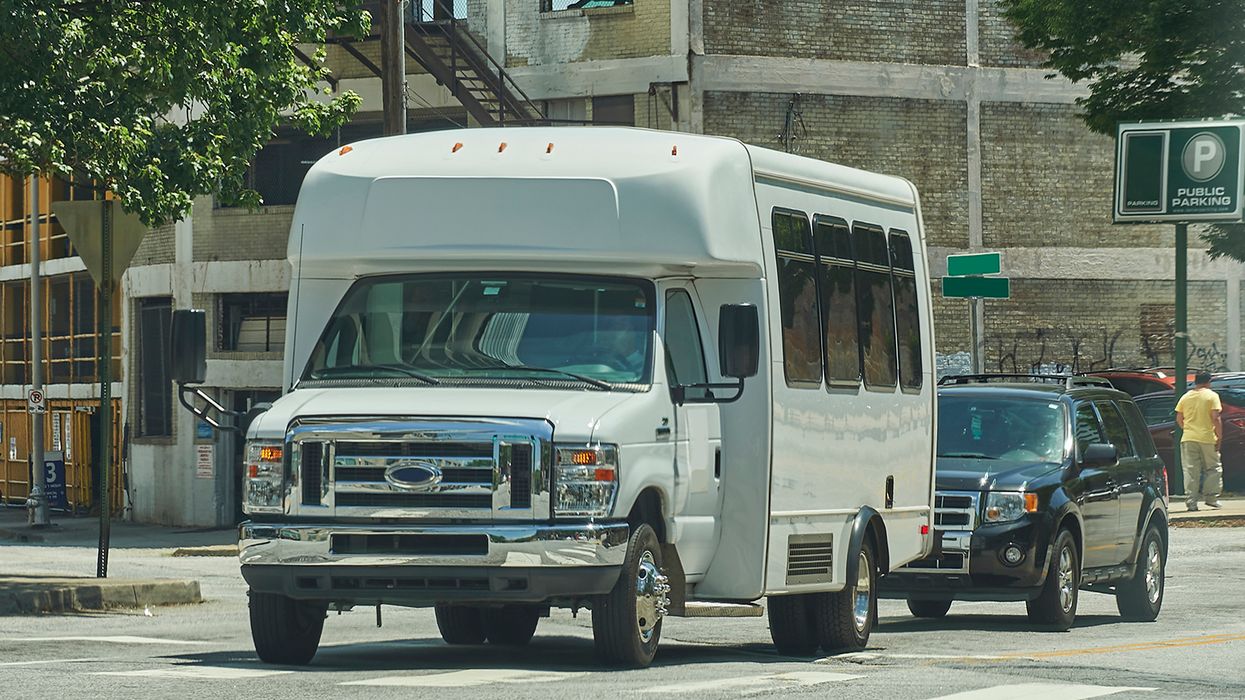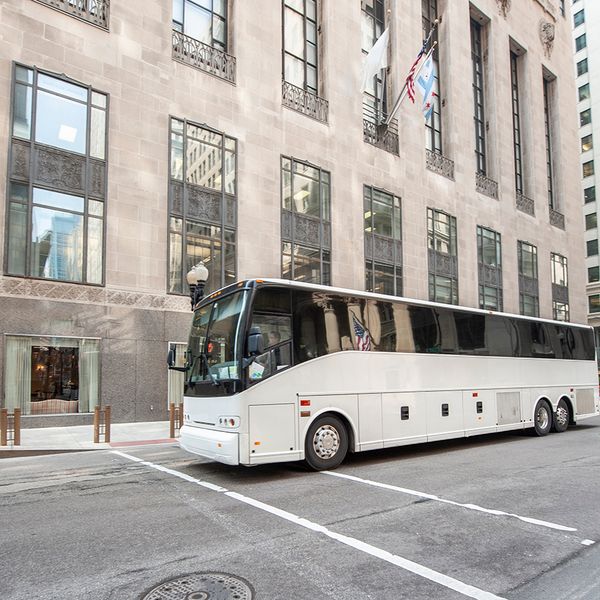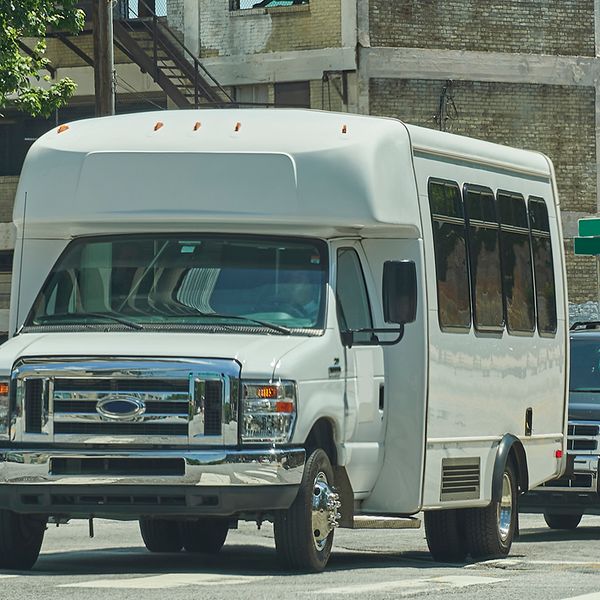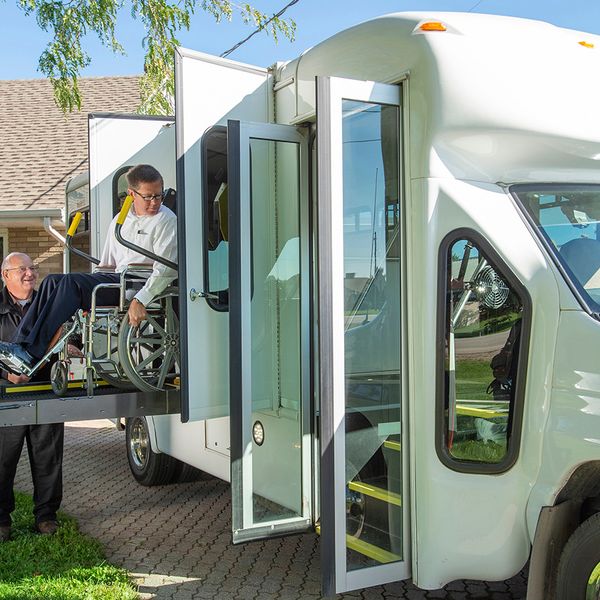FMCSA updated passenger-carrier guidance - Is your operation impacted?
Federal Motor Carrier Safety Administration (FMCSA) published interstate passenger-carrier guidance (not new regulations) on November 15, 2022, regarding the applicability of:
- Federal Motor Carrier Safety Regulations (FMCSRs);
- Interstate for-hire authority, regardless of vehicle characteristics; and
- Financial responsibility (insurance).
FMCSA created Appendix A to Part 390 to clarify rules applicable to commercial motor vehicles (CMVs) in the following scenarios:
- Passengers using air and ground transport – A move can be in interstate commerce even if the ground transportation is entirely in one state, which means the FMCSRs, not state regulations, apply when operating a CMV as defined in 390.5, apply unless otherwise exempt.
- Hotel, parking, and car rental shuttles receive indirect compensation via the rate paid for a package of services. These are interstate for-hire operations requiring interstate authority and must comply with FMCSRs when travel is just before or after to air travel. The exemption from many FMCSRs under 390.3(f)(6) may apply to 9-15 passenger vehicles in these operations.
- Education-related transportation at private and government-run schools – Contractors to school districts and non-profit, private schools with extracurricular activity trips are covered. When contracted to school districts only, carriers do not require for-hire authority.
- Faith-based organizations – Any compensation for interstate trips can make a faith-based organization subject to the FMCSRs. (See direct compensation below)
- Employer-related transportation – If any compensation is received from employees, the operation is for-hire. FMCSRs apply if the move is in interstate commerce, involves compensation, and the vehicle otherwise meets the definition of a CMV from 390.5.
- If the vehicle movement involves no compensation, is rated to carry 15 or fewer passengers, including the driver, and is less than 10,001 pounds, FMCSA does not regulate the vehicle or driver. Commuter vanpools are included in this category when qualifying vehicles are used.
- Assisted living facilities – If engaged in transportation using CMVs across state lines, FMCSA regulates these operations due to the indirect compensation received from the residents’ fees, unless exempt from many FMCSRs under 390.3(f)(6).
- Youth camps – Applicable regulations when crossing state lines are clarified.
Direct compensation was also more clearly defined and may include donations, gifts, gas money, offerings, etc., received for transportation.
An organization’s non-profit status is irrelevant when determining applicable safety regulations and the need to obtain for-hire authority. Also, if there is any compensation involved, regardless of vehicle weight and passenger rating, interstate for-hire authority is required, with few exceptions.
The article on smaller passenger vehicle regulations at this link may also be helpful.
Key to remember: Contact an expert at J.J. Keller and Associates, Inc. for more details and to confirm if this guidance affects your operation.



















































